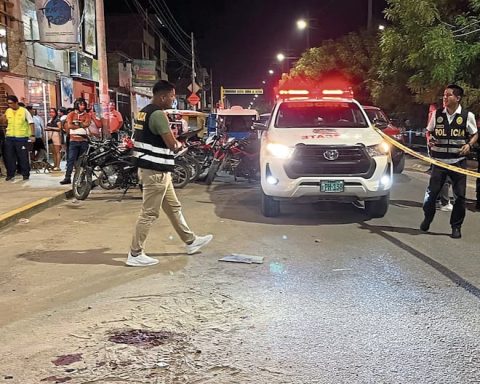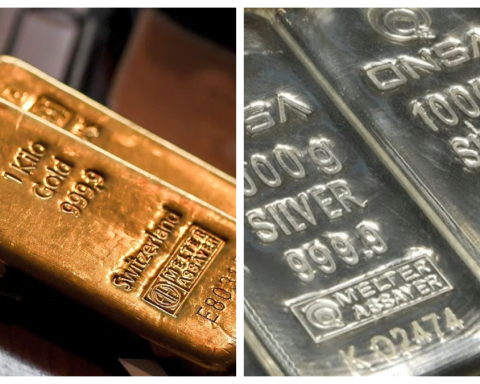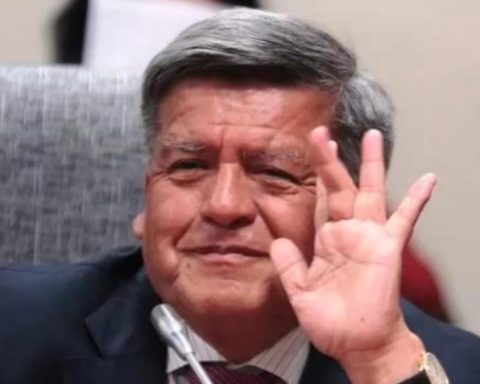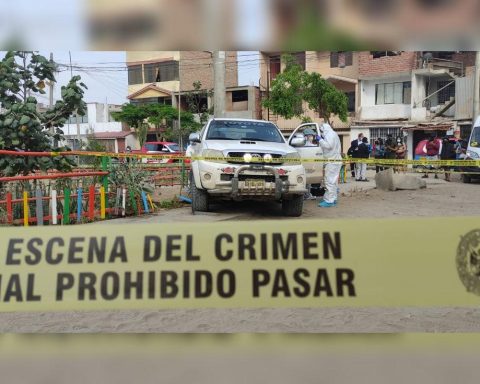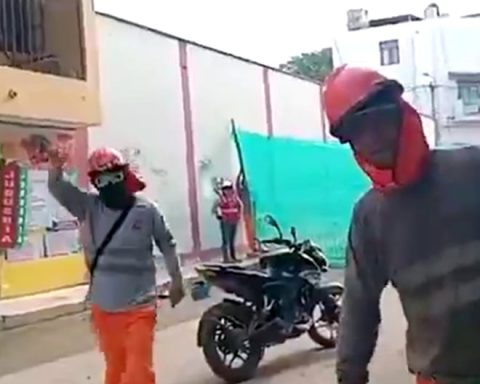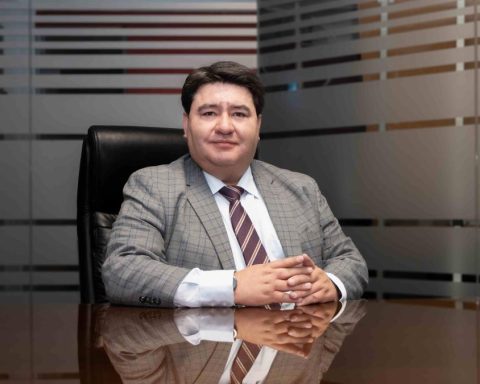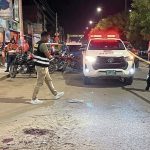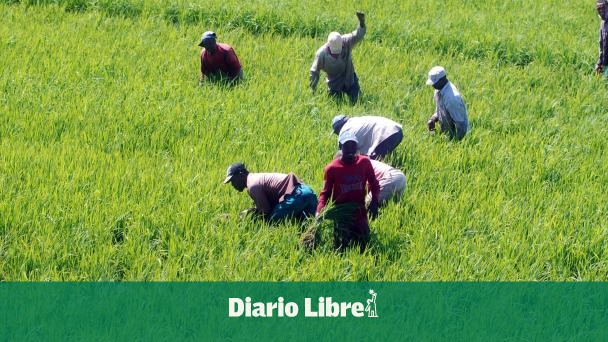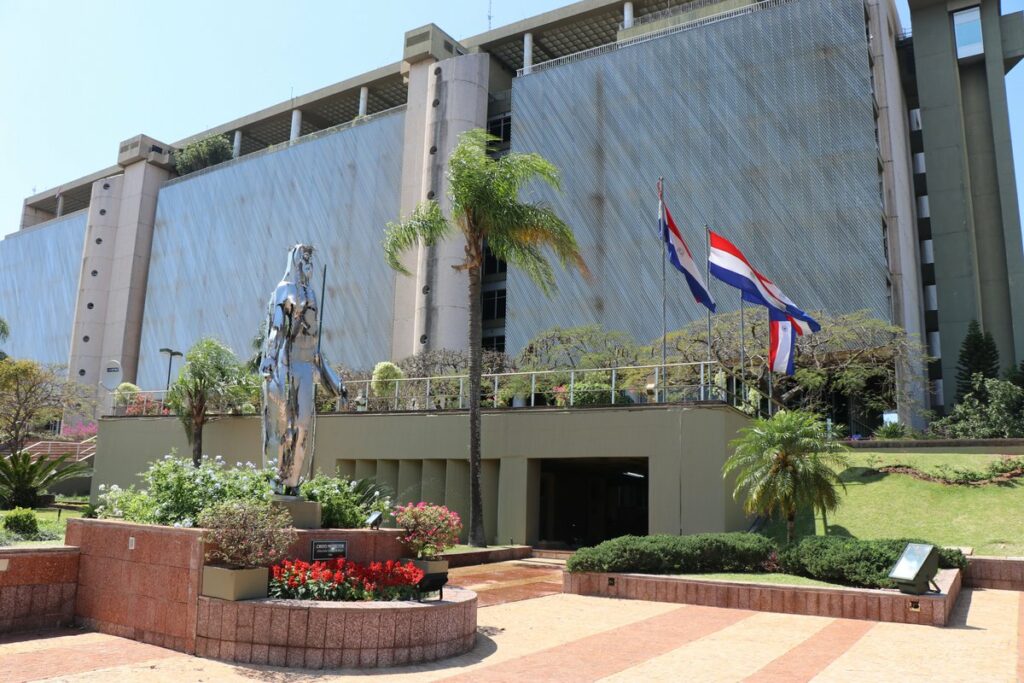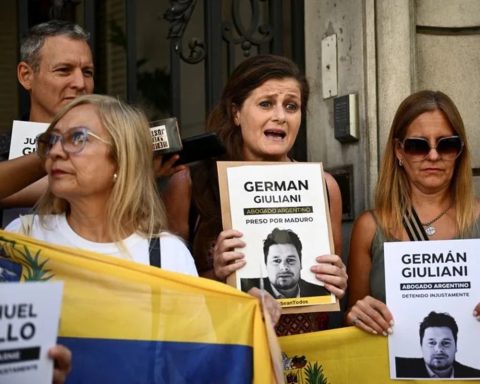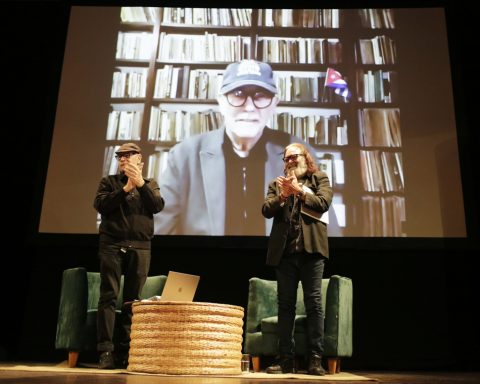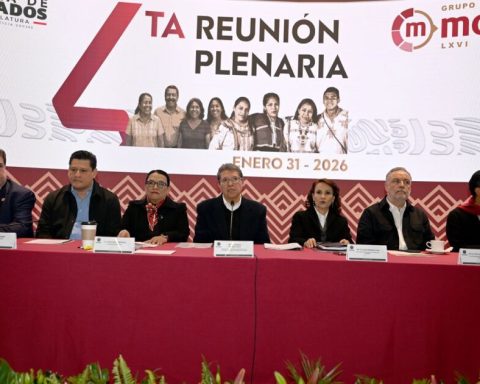The Criminal Chamber of the Supreme Court ratified the preventive detention for 18 months imposed on former President Pedro Castillo Terrones for the crime of rebellion or conspiracy to rebellion. Meanwhile, although he confirmed the restricted appearance imposed on former Prime Minister Aníbal Torres, he was prohibited from leaving the city of Lima and the country for 18 months.
Likewise, it ordered the National Police to make a monthly visit, on Friday of the third week of each month, to Torres’ home and, additionally, unexpected visits. In addition to the biometric control that the ex-premier must comply with on the last business day of the month before the Supreme Court of Preparatory Investigation.
The supreme court dismissed the arguments presented by Castillo’s defense attorney, Wilfredo Robles. He had questioned the swift political impeachment procedure carried out by Congress and that the message to the nation be considered a crime of rebellion.
The supreme judges considered that the accelerated procedure carried out by Congress to lift the jurisdiction and make it available to the judicial authorities is legally correct, as it is a case of flagrante delicto.
flagrancy and urgency
“The resolution of Congress (…) is based on the flagrant conduct of the investigated Castillo Terrones and on the fact that he intended to flee – the objective of his rapid departure from the Government Palace, when the self-coup failed, prevented by the National Police, was to enter the diplomatic premises of the embassy of the United Mexican States”, specifies the Permanent Criminal Chamber of the Supreme Court.
It adds that “the urgency of adopting a rapid parliamentary measure, since the term of preliminary judicial detention was about to expire, required an immediate pronouncement by Congress, an accusatory resolution of criminal content, based on a majority vote by the Plenary of Congress.”
“The situation of (1) flagrante delicto, which disrupted the constitutional order, and (2) urgency that was evidenced in the attempt to flee the country (…) are established as criteria or solid legal factors to consider not only that the right of defense was not affected”.
In addition, “the acts committed by the former President of the Republic on December 7 deviate from the assumptions of facts provided for in Article 89 of the Regulations of Congress as it is not a clandestine crime, which required investigation and clarification actions prior to the decision of Congress.
“The essential thing, in view of the requirement of a procedural requirement with constitutional hierarchy to enable criminal prosecution, is the intervention of Congress, its factual and legal assessment, the respective majority vote and the issuance of the criminal accusation resolution” .
Last instance
It is also indicated that although this expedited procedure limited Pedro Castillo’s right to defense, “in the situation in which the parliamentary debate and vote took place and due to the need for an immediate decision by Congress -due to the extremely exceptional situation- This cannot be qualified as unconstitutional”.
The resolution of the Criminal Chamber of the Supreme Court is the last and final instance, since the law that established the special procedure for senior public officials does not provide for a third instance, as in the previous model, which spoke of an investigating judge and a chamber of appeals made up of judges from the Supreme Criminal Chamber and, as the last and final instance, the Supreme Civil Chamber.
Currently, for the processes of high public officials, the norm only provides for the Preparatory Investigation Court to control the tax investigation and precautionary measures, and the Special Criminal Chamber in charge of the public trial. Regarding the Court and the Chamber, as a court of appeals, the Permanent Criminal Chamber of the Supreme Court of Justice.
Thus, the defense of former president Pedro Castillo would have the path of the Constitutional Court, through V petition for habeas corpus.
Evaluate defense measures
The lawyer Wilfredo Robles indicated that they will study and evaluate the measures that can be filed in defense of the rights of the former president.
Robles considers that it is possible to file an appeal and that the Judiciary will have to create another Criminal Chamber of the Supreme Court to evaluate his appeal.
The lawyer also does not rule out filing a habeas corpus claim, questioning the right to a trial.

